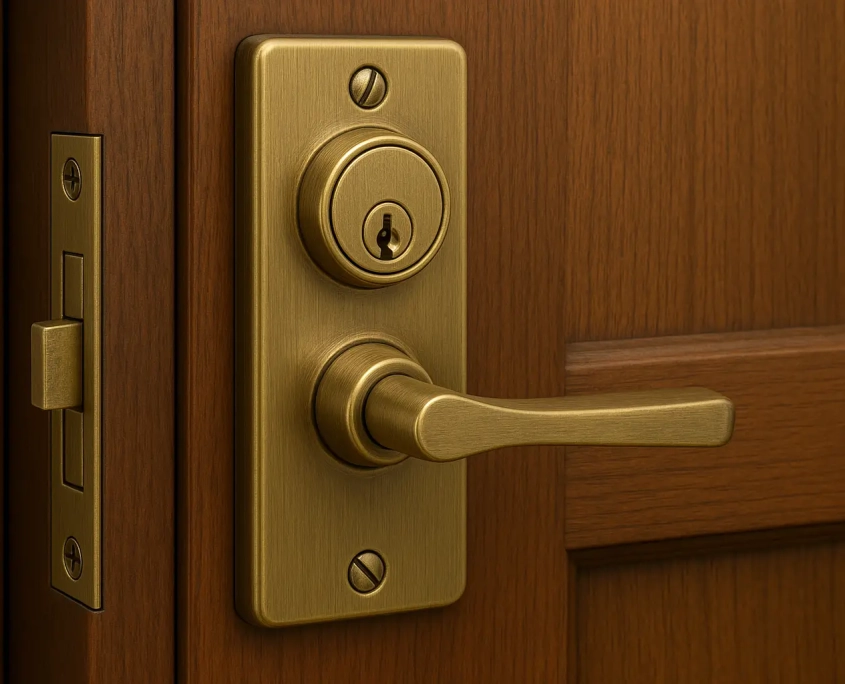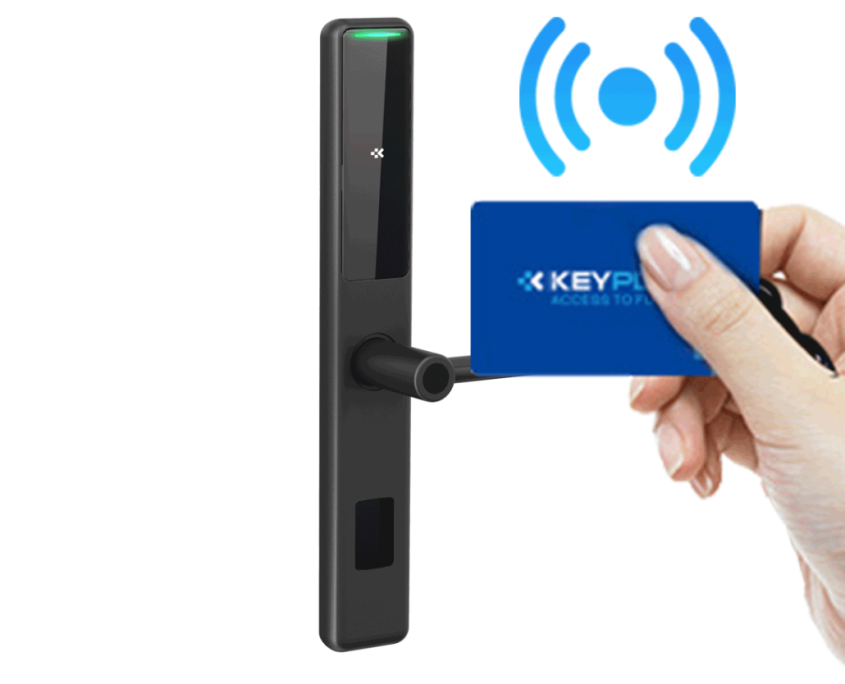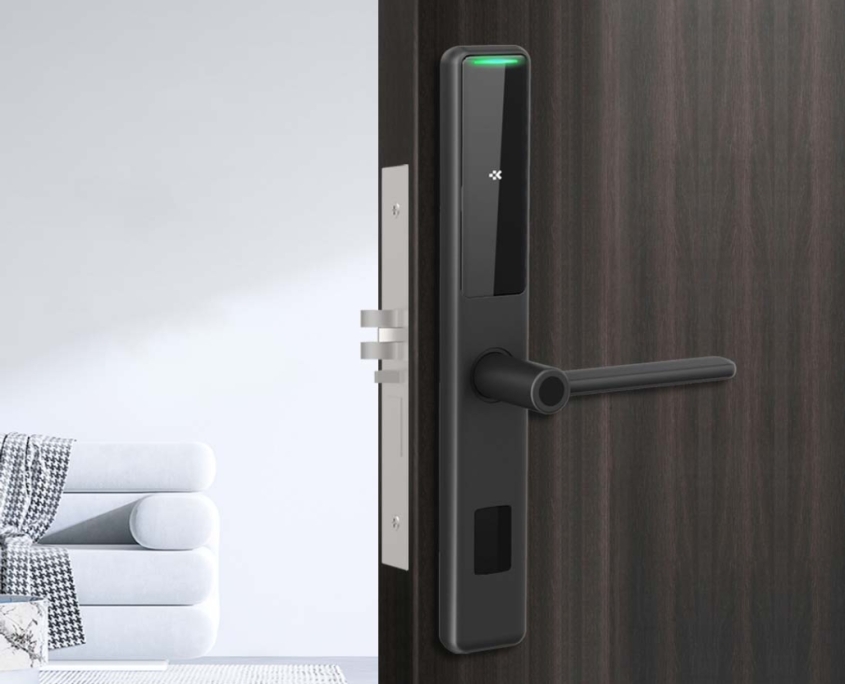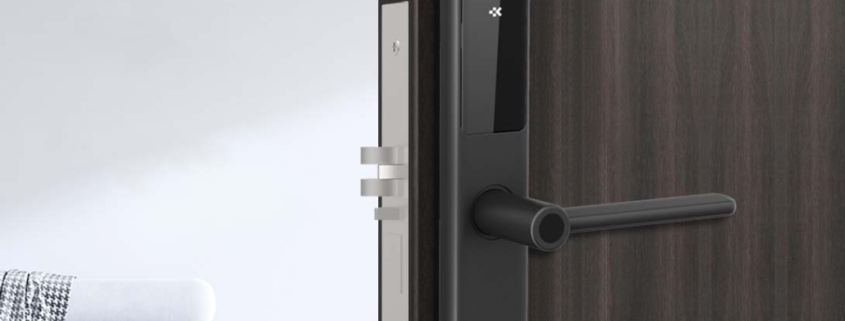5 Hotel Door Locks You Should Know About
When it comes to hotel security, door locks play a crucial role in ensuring guest safety and convenience. Over the years, hotel door locks have evolved from traditional metal keys to high-tech smart systems that enhance both security and the guest experience.
If you’re a frequent traveler, a hotel manager, or just someone interested in security technology, understanding the different types of hotel door locks can help you make informed decisions—whether you’re booking a stay or upgrading your property’s security.
Here are five hotel door locks you should know about:
1. Traditional Key Locks (The Classic Mechanical Lock)
How It Works
These are the old-school metal key locks that were once the standard in hotels. A physical key is inserted into the lock cylinder, which then moves a series of pins to unlock the door.

Pros:
- Simple and reliable—no batteries or electronics needed.
- Low maintenance—durable and long-lasting.
- Cost-effective—cheaper to install and replace.
Cons:
- Easy to lose or duplicate—guests can misplace keys, and unauthorized copies can be made.
- No audit trail—hotels can’t track who accessed the room and when.
- Inconvenient—guests must carry a physical key, which can be a hassle.
Best For:
Budget hotels, motels, or historic properties that prefer a simple, no-frills approach.
2. Magnetic Stripe Key Cards (The 90s Standard)
How It Works
These plastic key cards have a magnetic stripe (like a credit card) that is encoded with room access data. When swiped through a card reader, the lock grants or denies entry.
Pros:
- More secure than metal keys—harder to duplicate.
- Customizable access—hotels can program check-in/check-out times.
- Audit trail capability—management can track entry logs.
Cons:
- Can demagnetize—exposure to phones, magnets, or even wallet strips can deactivate them.
- Wear and tear—swiping can degrade the stripe over time.
- Not the most secure—skimming devices can potentially clone cards.
Best For:
Mid-range hotels that need a balance between affordability and functionality.

3. RFID (Radio Frequency Identification) Key Cards
How It Works
Instead of swiping, guests simply tap their RFID card near the reader. The lock uses radio waves to authenticate the card’s encrypted data.
Pros:
- More durable—no swiping means less wear and tear.
- Faster access—just tap and go.
- Better security—encrypted data is harder to clone than magnetic stripes.
Cons:
- More expensive than magnetic stripe systems.
- Still requires a physical card—guests can lose or forget them.
Best For:
Upscale hotels and resorts looking for a smoother guest experience.
4. Mobile Key Access (Smartphone-Enabled Locks)
How It Works
Guests receive a digital key via the hotel’s app. Using Bluetooth or NFC, their smartphone unlocks the door without needing a physical key or card.
Pros:
- Ultra-convenient—no need to carry an extra card.
- Enhanced security—dynamic encryption makes hacking difficult.
- Seamless integration—can be linked to other hotel services (e.g., check-in, payments).
Cons:
- Requires a smartphone—some guests may not be tech-savvy.
- Battery dependency—if the phone dies, access becomes an issue.
Best For:
Tech-forward hotels and business travelers who prefer a contactless experience.

5. Biometric Locks (Fingerprint or Facial Recognition)
How It Works
These high-tech locks use fingerprint scanning or facial recognition to verify identity before granting access.
Pros:
- Maximum security—nearly impossible to fake or steal biometric data.
- No keys or cards needed—eliminates loss/theft risks.
- Fast and futuristic—appeals to luxury and high-security properties.
Cons:
- High cost—expensive to install and maintain.
- Privacy concerns—some guests may hesitate to share biometric data.
Best For:
Luxury hotels, high-security facilities, and properties aiming for a cutting-edge guest experience.
Which Hotel Door Lock Is Right for You?
The best lock depends on your priorities:
- Budget-friendly? → Traditional or magnetic stripe locks
- Balanced tech & cost? → RFID cards
- Tech-savvy & convenient? → Mobile key access
- Top-tier security? → Biometric locks
Hotels are increasingly adopting smart locks to improve guest satisfaction and operational efficiency. As a traveler, knowing these options can help you choose hotels that match your security and convenience preferences.
Final Thought
Whether you’re a hotelier upgrading your property or a guest who values safety, understanding these door lock technologies ensures a smarter, more secure stay.
Would you trust a biometric lock on your next hotel stay, or do you prefer the simplicity of a key card? Let us know in the comments!









